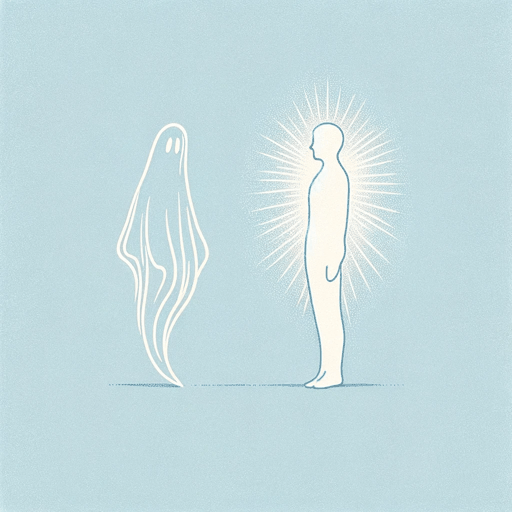69 pages • 2 hours read
C. S. LewisMere Christianity
Nonfiction | Essay Collection | Adult | Published in 1952A modern alternative to SparkNotes and CliffsNotes, SuperSummary offers high-quality Study Guides with detailed chapter summaries and analysis of major themes, characters, and more.
Book 3, Chapters 9-12Chapter Summaries & Analyses
Book 3: "Christian Behaviour"
Book 3, Chapter 9 Summary: "Charity"
Lewis now turns to the first “theological” virtue: charity. Charity is often taken to mean giving to the poor, but it is more than this; in fact, it encompasses something Lewis has already discussed—namely, forgiveness and, more broadly, love for one’s neighbor. As he previously noted, this does not require feelings of affection, though Lewis does warn against charity undertaken in an attempt to put another individual in our debt.
Although Christian charity is not sentimental by nature, and there are cases where feelings of affection can actually impede our ability to treat someone charitably (e.g. spoiling a child to their moral detriment). Generally speaking, however, treating someone charitably will often result in increased affection for them. In this sense, Lewis likens both love and hatred to “compound interest” (132), suggesting that whichever we practice tends to multiply upon itself. Lewis notes that these same precepts also apply to the Christian injunction to love God: “Do not sit trying to manufacture feelings. Ask yourself, ‘If I were sure that I loved god, what would I do?’ When you have found the answer, go and do it” (132).
Lewis suggests that God’s love for us is more stable than our love for Him.
Related Titles
By C. S. Lewis

A Grief Observed
C. S. Lewis

Out of the Silent Planet
C. S. Lewis

Perelandra
C. S. Lewis

Prince Caspian
C. S. Lewis

Surprised by Joy
C. S. Lewis

That Hideous Strength
C. S. Lewis

The Abolition of Man
C. S. Lewis

The Discarded Image
C. S. Lewis

The Four Loves
C. S. Lewis

The Great Divorce
C. S. Lewis

The Horse And His Boy
C. S. Lewis

The Last Battle
C. S. Lewis

The Lion, the Witch and the Wardrobe
C. S. Lewis

The Magician's Nephew
C. S. Lewis

The Problem of Pain
C. S. Lewis

The Screwtape Letters
C. S. Lewis

The Silver Chair
C. S. Lewis

The Voyage of the Dawn Treader
C. S. Lewis

Till We Have Faces
C. S. Lewis

